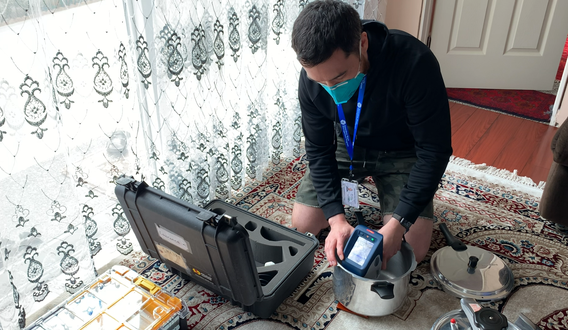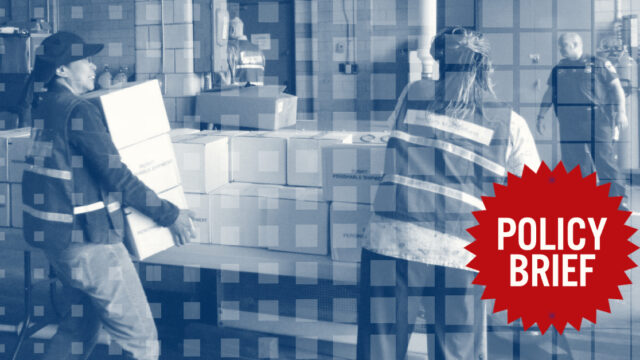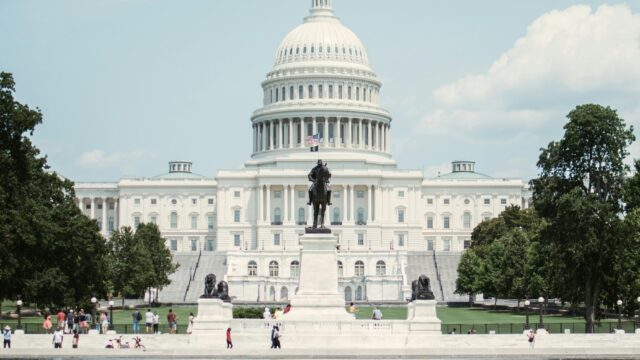ISSUE
Emergency Preparedness + Response
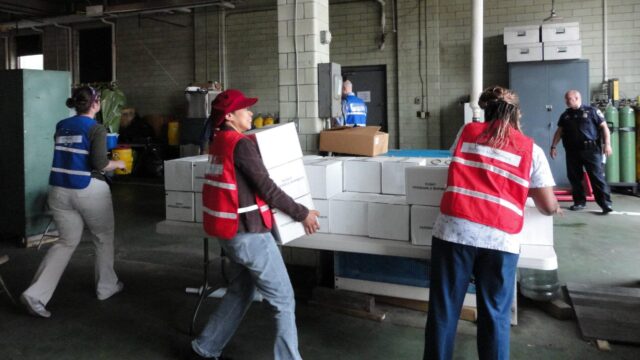
Cities are on the front lines of preventing and responding to public health emergencies, including natural disasters, terrorist attacks, and pandemics. Local health departments help build resilient communities by preparing residents for emergencies and helping them recover.
Over the past decade, Congress has made this work more challenging by providing local health departments with dramatically different funding levels for different emergencies – often long after the response is already underway. BCHC advocates for sustained funding that enables local health departments to prepare well and respond quickly to emergencies as soon as they arise.
Policy recommendations
Public health preparedness at the state and local level is funded through federal cooperative agreements authorized in the Pandemic All-Hazards Preparedness Act (PAHPA).
Local health departments help build resilient communities by preparing for these emergencies and supporting residents recovering from them. Funding authorized through PAHPA is critical to that lifesaving work.
PAHPA: Key to Public Health Emergency Preparedness
Download the brief PAHPA: Key to Public Health Emergency PreparednessDespite a sharp increase in severe public health emergencies, preparedness funding has plummeted 34% since 2003.
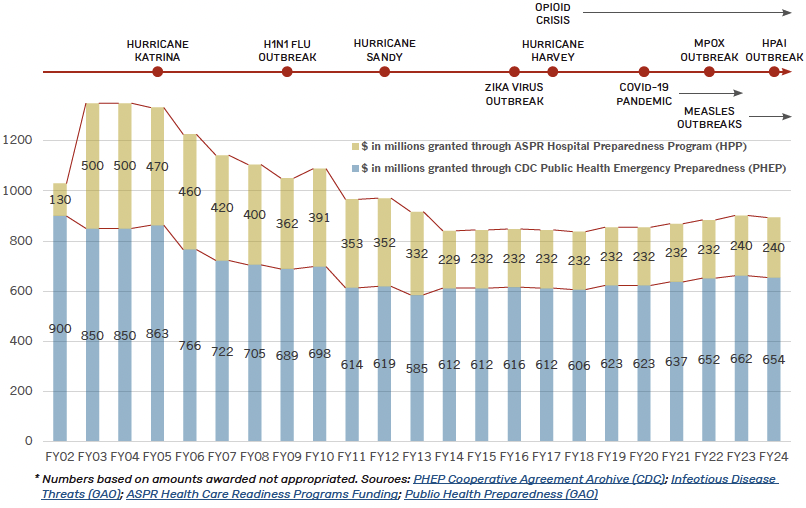

Frontline Blog
The consequences of underfunding public health
“Over the years, federal agencies have repeatedly asked jurisdictions to take already-too-small pots of money, initially intended to fund preparedness, and spend it instead, on emergency response. The upshot is that local health departments, in particular, were left without funding to sustain the basic infrastructure needed to prepare for or respond to major day-to-day health challenges as well as public health emergencies.”
Member spotlight
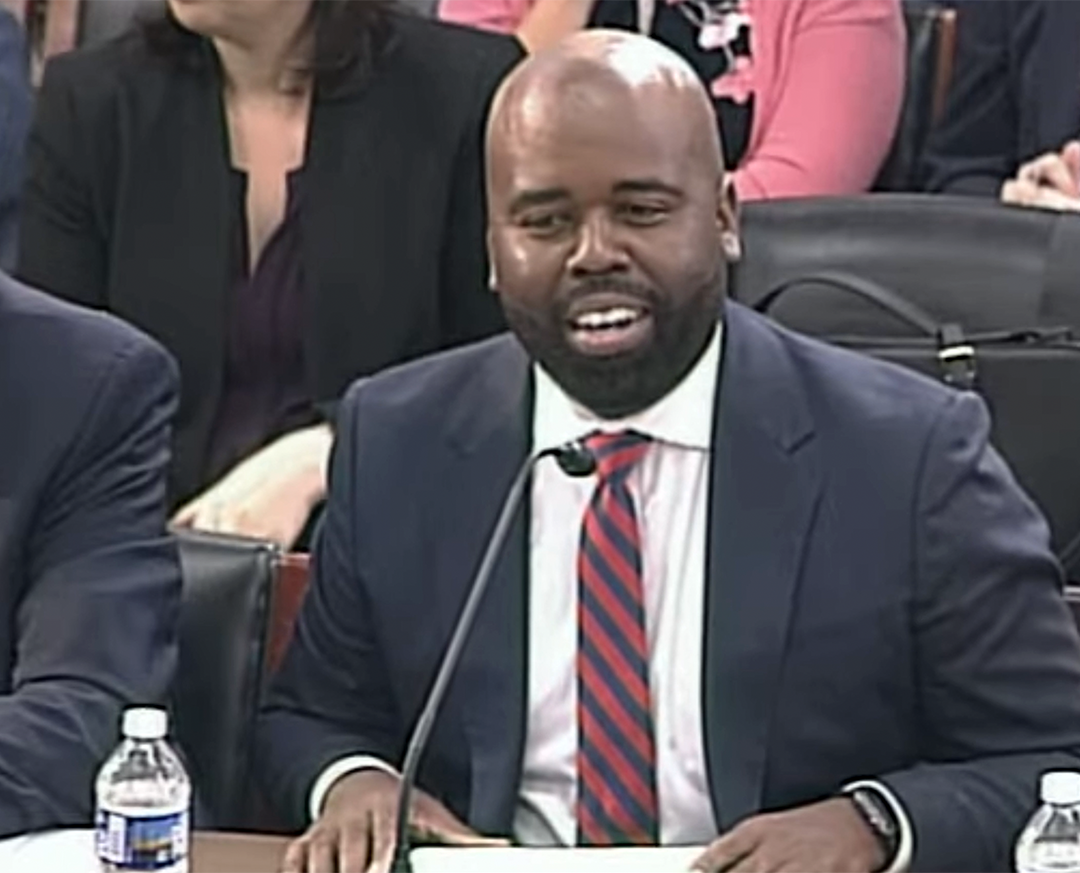
Press Release
